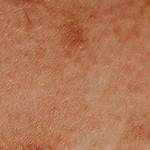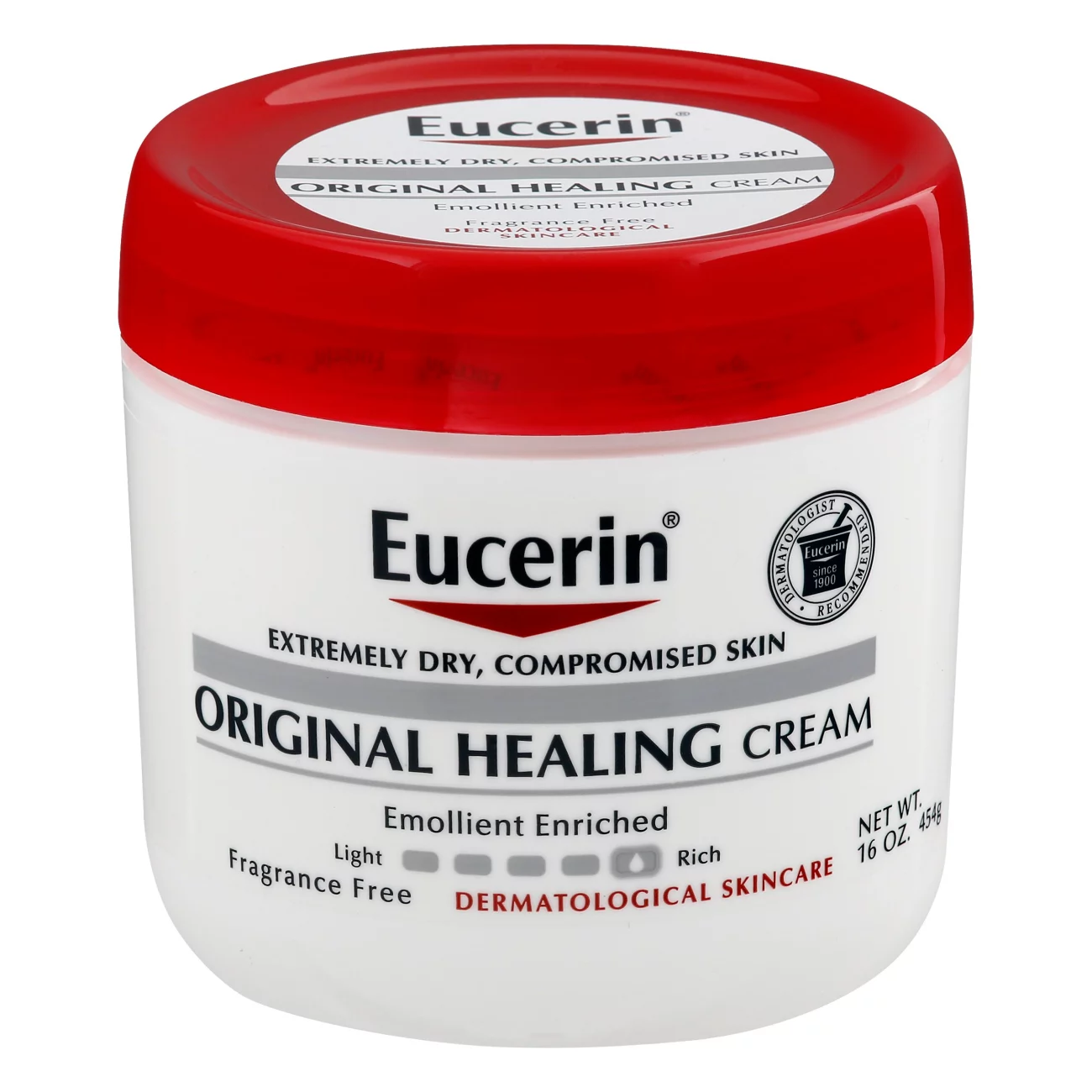
Eucerin Original Healing Cream – Extremely Dry, Compromised Skin
Eucerin Original Healing Rich Creme
Heal very dry, sensitive skin with a creme uniquely formulated to repair and protect.
This emollient-rich formula, free of

Psoriasis is an autoimmune condition that manifests on the skin. It typically begins with the immune system mistakenly attacking healthy skin cells. This immune maladjustment accelerates the life cycle of skin cells, causing them to surface in days rather than weeks. These overproduced skin cells cannot be shed quickly enough, leading to the buildup that forms scales and red patches associated with psoriasis (source).
Triggers can vary widely from person to person but often include factors like stress, infection, certain medications, and cold weather.
To identify the onset of psoriasis, pay attention to symptoms, such as:
If you suspect you have psoriasis, it’s important to contact a medical professional for an examination. They are qualified to provide a proper diagnosis and recommend the appropriate treatment plan.
When discussing psoriasis, it’s important to understand that it can manifest in various locations on the body. Typically, psoriasis first appears on areas of the skin that are prone to friction and frequent movement, such as:
Monitoring these areas for early signs of psoriasis—such as stubborn rashes or dandruff that resists typical treatments—can be vital for timely psoriasis treatment.
To provide a complete diagnosis, a dermatologist will conduct a thorough examination, looking for specific symptoms. They will likely inquire about the presence of psoriasis in your blood relatives, the nature of your symptoms, any joint issues you might be experiencing, and recent significant life changes, which include increased stress levels.
Psoriasis can appear suddenly. While the exact cause of psoriasis is not known, it’s linked to the immune system and how it interacts with our environment and genetics (source).
Here’s what we understand about the onset of psoriasis:
When signs of psoriasis suddenly arise (mentioned earlier), it’s important to consult a medical professional to find the best psoriasis treatment that manages symptoms and potentially avoids complications.
Treatment options may include:
Remember, each person’s experience with psoriasis is unique. Thus, treatments are tailored to individual needs, preferences, and the severity of the condition. Seeking medical advice is the first step towards managing the symptoms and maintaining a good quality of life.
Psoriasis is a chronic condition, which is acknowledged as a long-lasting and often persistent affliction. The uniqueness of each individual’s experience with psoriasis means that periods of remission—where symptoms may lessen or disappear—can vary widely. Some might see sporadic flare-ups, while others contend with more constant symptoms.
Remission is possible, though, and many factors contribute to achieving a symptom-free phase. Here’s a breakdown of what influences remission:
Professional guidance and appropriate psoriasis treatment strategies make it possible to live well with psoriasis, aiming for the most extended periods of remission achievable.
Treatment must be individualized, aiming not only to relieve symptoms but also to prevent complications and reduce the frequency of flare-ups. While no single treatment is universally the best for psoriasis, a variety of options exist, ranging from topical ointments and light therapy to medications.
Continual hydration is crucial for managing psoriasis. Well-hydrated skin can alleviate dryness and reduce itchiness.
Go ahead and browse the full list of moisturizers from Medical Monks, which are great for easing itchy skin, especially when you’re dealing with flare-ups.
We acknowledge that every case of psoriasis is unique, and treatment efficacy can vary. Therefore, it’s essential to work with healthcare providers to discover the best treatment strategy for you.
When managing scalp psoriasis, a healthcare professional will consider the severity of symptoms to determine the most effective course of action. For mild cases, topical treatments make for a sensible starting point.
Topical Treatments:
We always recommend consulting with a healthcare provider for a tailored treatment plan, as responses to treatments can vary among individuals.
When dealing with nail psoriasis, the treatment approach should be tailored to the individual’s symptoms and severity. Generally, a combination of treatments may yield the best results. Here’s a summary of effective treatments:
It’s always best to talk to a healthcare provider for a treatment plan that fits your needs. They can check symptoms like nail pitting and discoloration to provide both relief and cosmetic improvement.

Eucerin Original Healing Rich Creme
Heal very dry, sensitive skin with a creme uniquely formulated to repair and protect.
This emollient-rich formula, free of
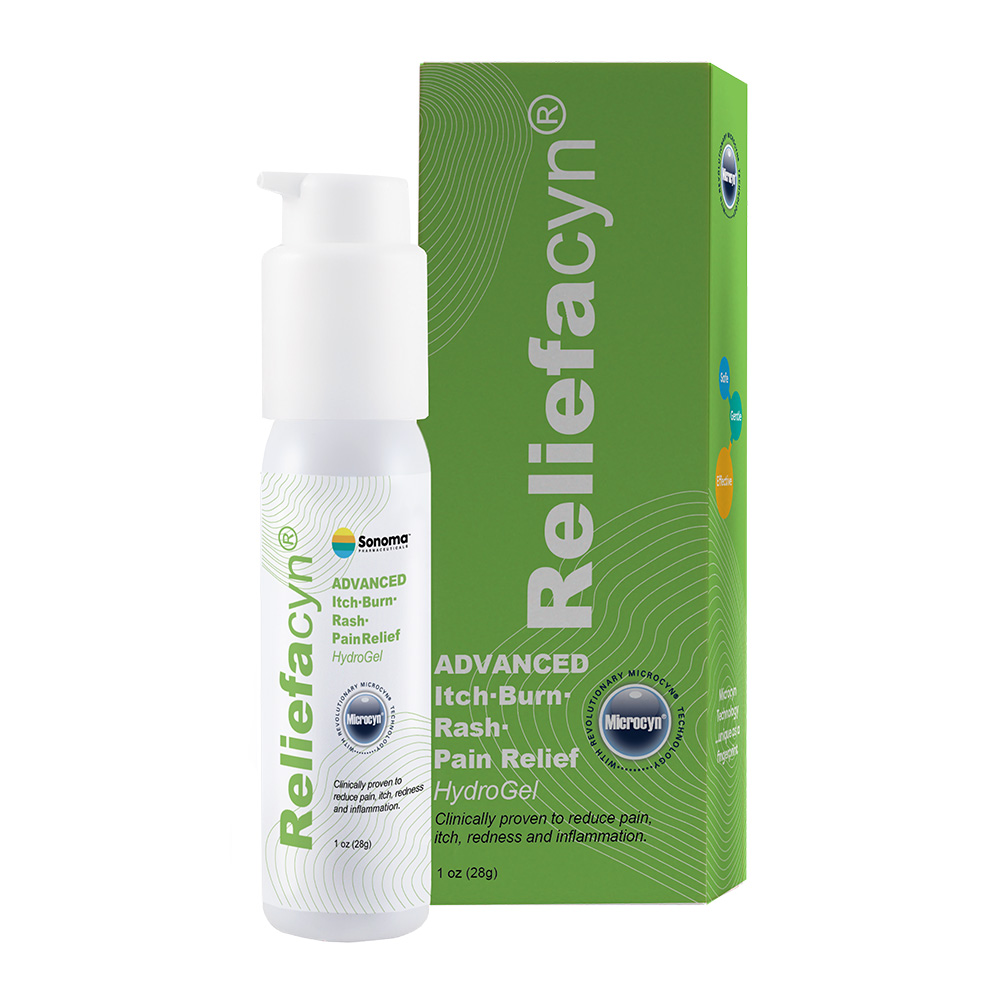
Reliefacyn Advanced Itch-Burn-Rash-Pain Relief Hydrogel is clinically proven to reduce pain, itch, redness and inflammation.
Take Back Control Over Your Body:
The Reliefacyn Advanced
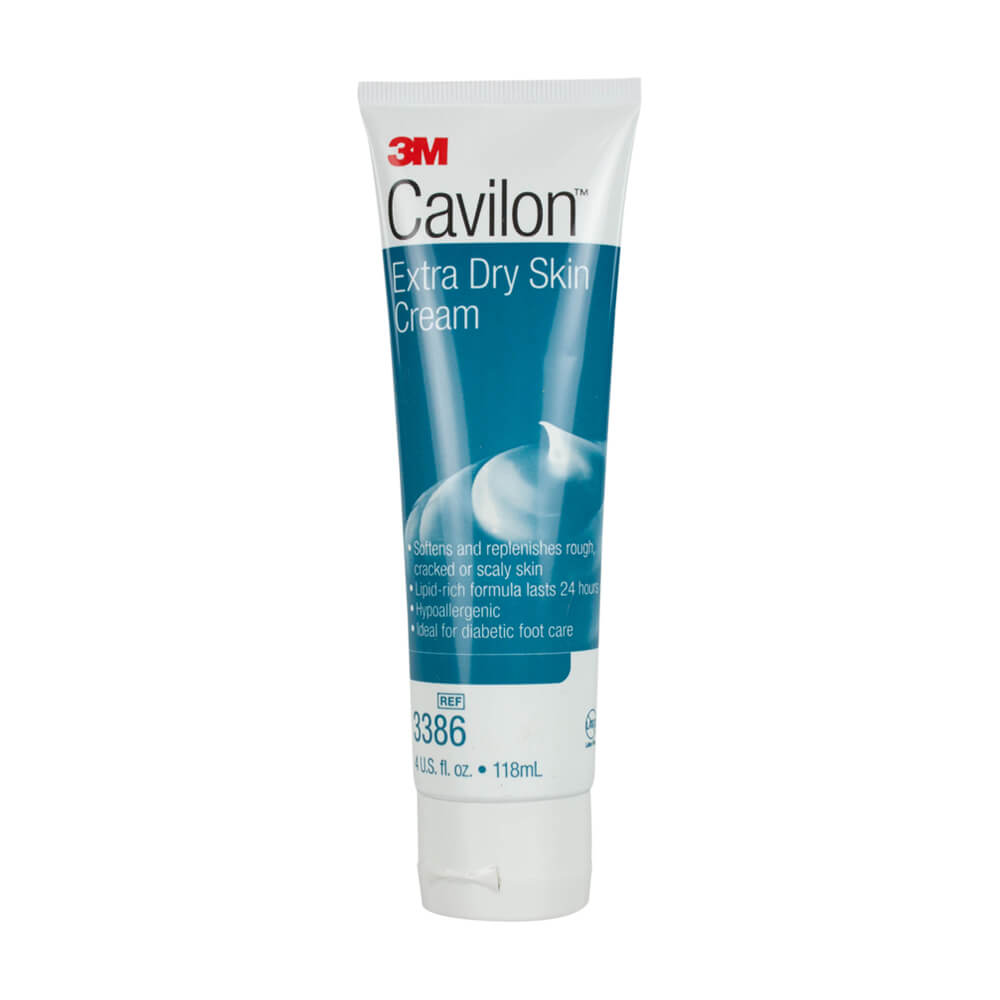
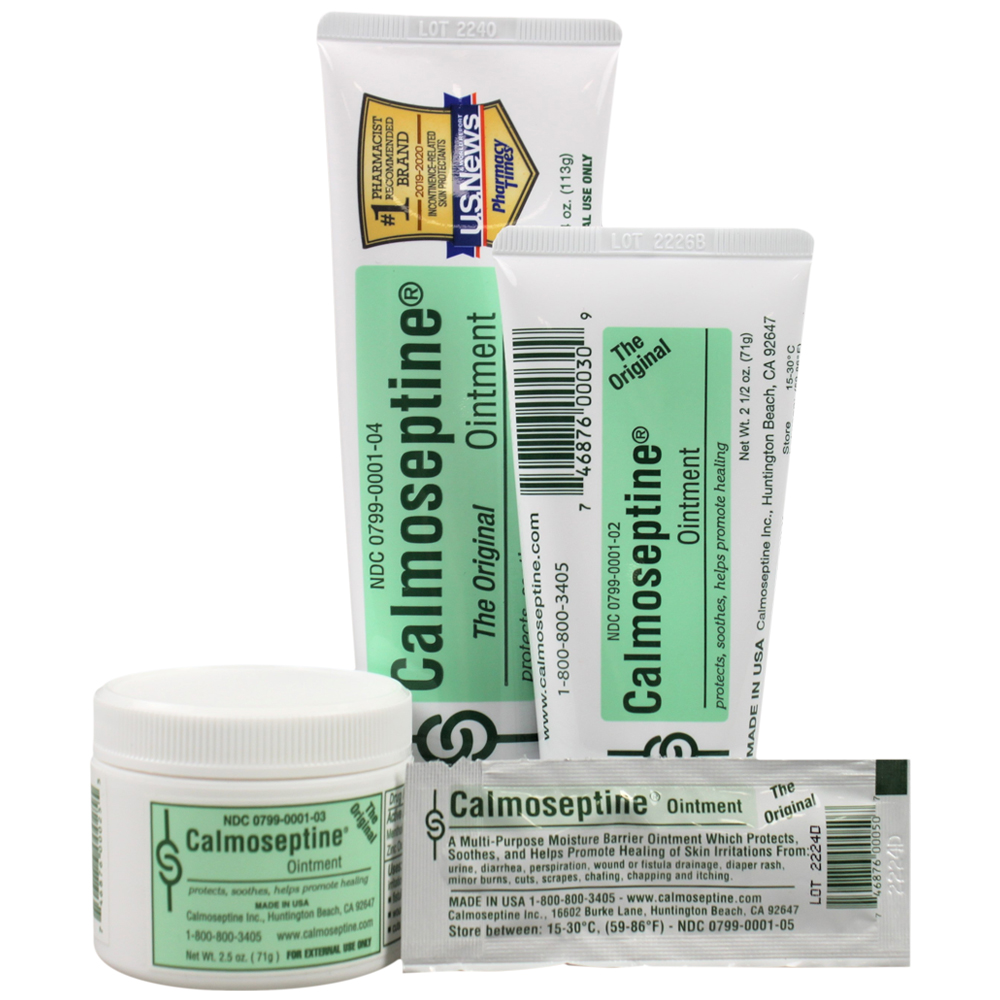
Calmoseptine® has been the topical ointment of choice for over 70 years. Whether you’re treating diaper rash, soothing an insect bite or addressing complications from

If you’re living with dry skin, standard moisturizers and skin care products might not be

Are you dealing with irritated skin? It could be sensitive, red, or dry – or

What is psoriasis? Simply put, it’s a type of skin disease that produces scaly, reddish,
